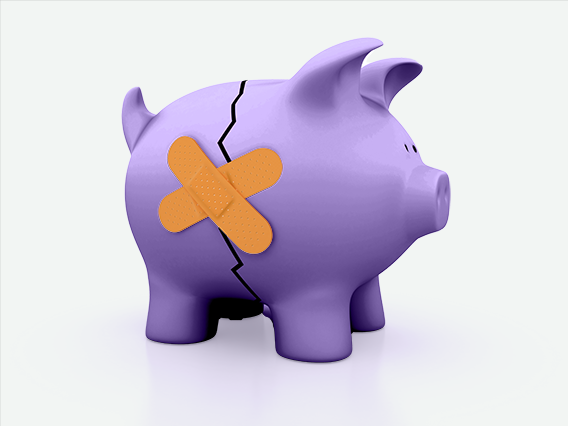
You usually contact your GP surgery first when you start to suffer
from any medical symptoms, and the recent covid pandemic has highlighted how
important it is to be able to see your GP for a face-to-face appointment. As GP
surgeries have made the necessary transition to more telephone and video
appointments, because of covid restrictions, the limitations of appointments
through these methods have become increasingly apparent.
It was reported recently that a coroner, Alison Mutch (senior
coroner for Greater Manchester), warned that the inability of some patients to
see a GP face-to-face was contributing to deaths. We all appreciate that it can
be difficult to communicate a problem over the telephone; you are unable to see
whether the person has more to say and or to see visual cues. Even assessments
by video are limited, as the quality of the video can make it difficult to
fully assess the problem and you are unable to use other senses to get a full
picture.
NHS England recently wrote to GP surgeries (in May 2021) to ask them
to ensure that they were offering face-to-face appointments and they stated
that a remote appointment should only be offered alongside a clear offer of an
appointment in person. However, GP surgeries have now confirmed that they are
struggling to cope with the demand for face-to-face appointments. This is due
to a fall in the number of GPs across England, a growing and ageing population,
more complex consultations, and a general overall increase in demand.
As a result, GPs are under enormous pressure. Professor Marshall,
Chair of the Royal College of GPs, was reported to have stated, ‘GPs are
finding it increasingly hard to guarantee safe care to their patients. The
chances of making a mistake in a diagnosis or a mistake in a referral decision
or a mistake in prescribing are all greater when you’re under stress. And if
you’re working 11, 12-hour days, seeing 50, 60 patients…the chances of you
making a mistake, we all know, are higher.’
The Royal College of GPs wants the government to introduce
emergency measures to help, including recruiting more GPs and more support
staff. However, these measures will take time and until then it is unclear what
can be done to ease the strain on GPs and to ensure patient safety.
However, what is clear is that GP surgeries will need to redevelop
their services in the future, perhaps by way of a more thorough triage system
to ensure that people who need face-to-face appointments are given them and
then remaining patients can be assessed through quicker remote consultations. This
will be difficult, as it will need to involve a level of familiarity with
patients, their needs, and their medical history. GPs will also need to ensure
that the person conducting the triage service has the necessary level of
expertise to assess what level of care the patient needs.
Unfortunately, it does not appear as though there is any quick fix,
and we will have to wait and see what the future holds for GPs and their
services.
If you or a loved one has suffered an injury due to the negligence of a medical or health professional, then you should seek professional legal advice from a qualified solicitor who specialises in personal injury law. You can search for a solicitor using our site for free and without providing any of your personal data. All solicitors listed on our site are regulated by the Solicitors Regulation Authority (SRA).

